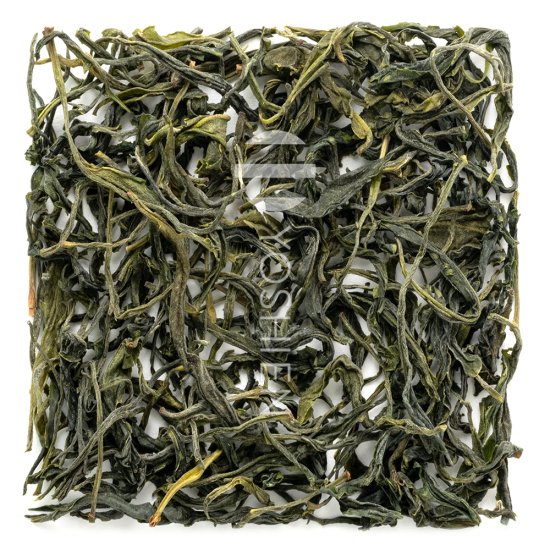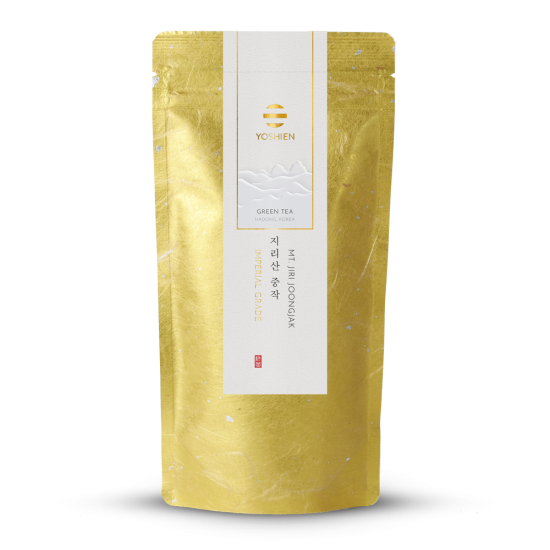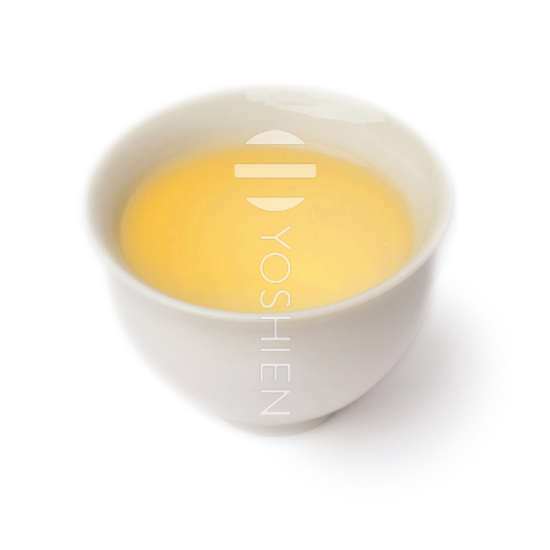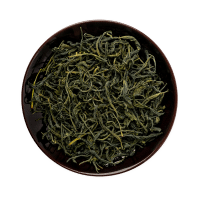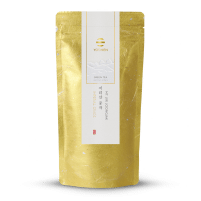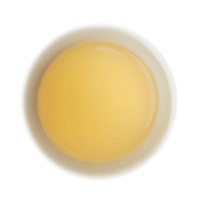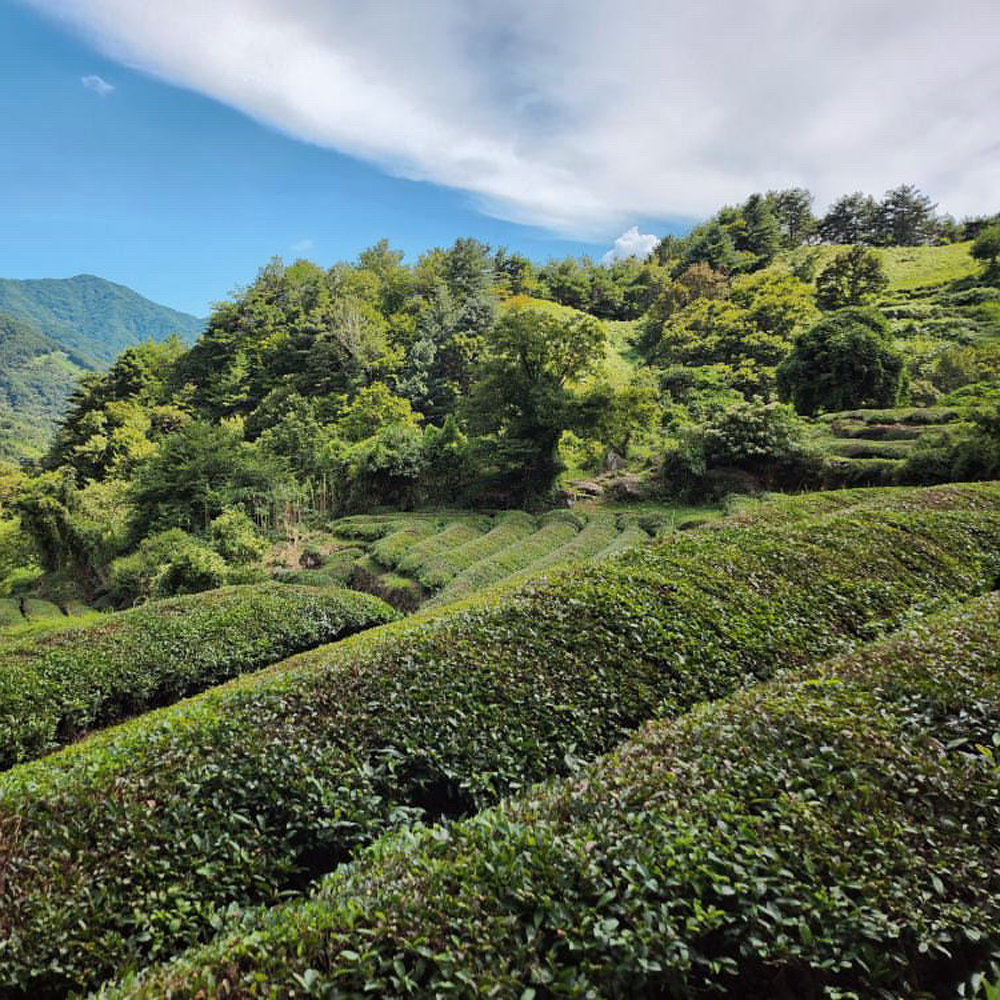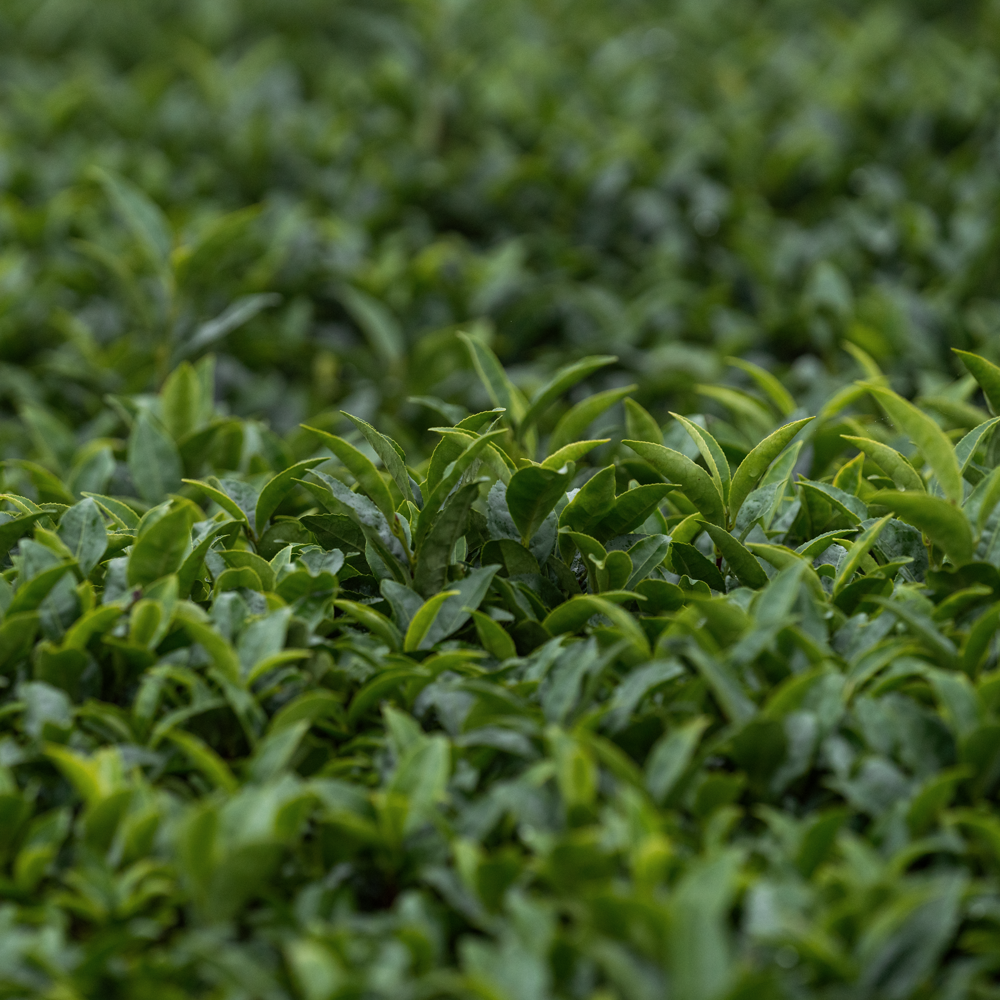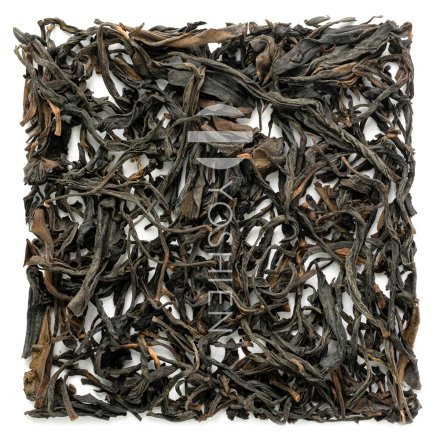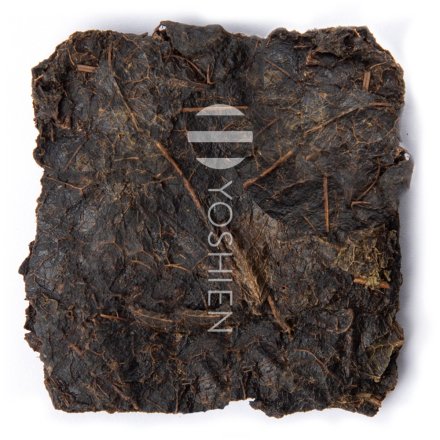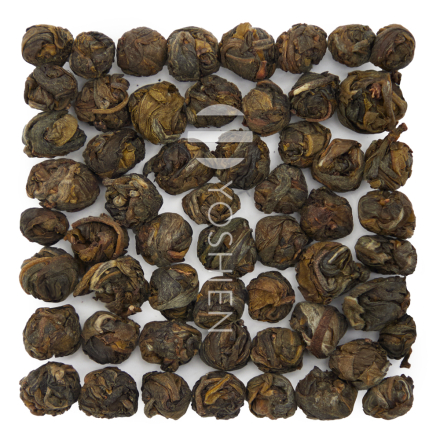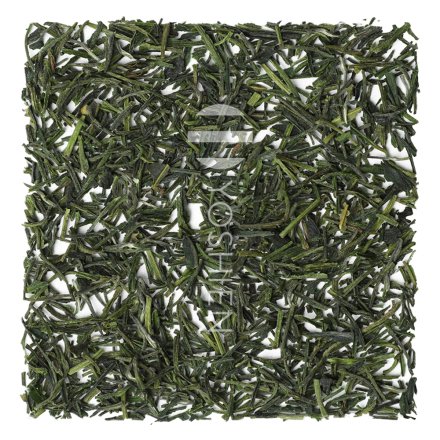Among the larger South Korean tea growing regions, Hadong offers some of the finest teas of them all. Located in the south of the country at the foot of Jirisan mountain – the second highest in Korea – the hilly landscape only allows for traditional, small scale, manual farming while providing the optimal tea growing conditions with plenty of fresh mountain water and fog. Since the tea plants grow alongside bamboo groves they also receive added moisture from them, and the tea is also known as Jungno-cha (죽로차): "bamboo dew tea". Tea from Jirisan is highly sought after within Korea as well as by tea connoisseurs worldwide, and therefore is exported in very limited quantities.
Jirisan
Joongjak Pest.Free
Imperial Grade 98 P.
SKU
7931
Imperial Grade Spring Flush Joongjak "third harvest" green tea from Korea, umami-rich with a hearty aroma of roasted nori seaweed and minestrone. Hand-picked from native tea trees growing semi-wild without pesticides at an award-winning farm surrounded by bamboo forests at the foot of Jirisan mountain.
| Character | Seaweed, roasted nori, minestrone, vegetal, creamy |
| Tea Farm | Award-winning farm with semi-wild tea plants |
| Terroir | Jirisan, Hadong, Gyeongsangnam, South Korea |
| Harvest | Spring, early May 2024 |
| Cultivar | Native tea trees |
| Altitude | 350m to 400m |
| Processing | Hand-picked, roasted/fixed (300°C, 6-7 min), rolled, roasted (320°C, 3-4 min), rolled, dried outdoors, pan-fried/dried (110°C) |
| Cultivation | Without pesticides |
| Grade | 98/100 P. (Green tea category) – Imperial Grade |
In stock



